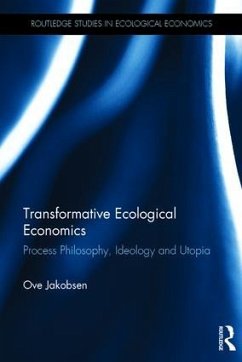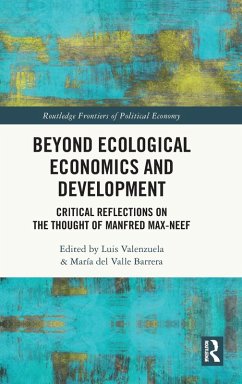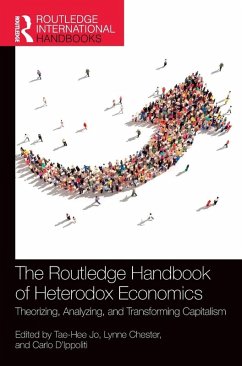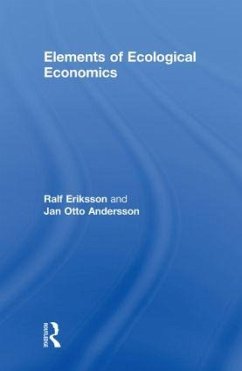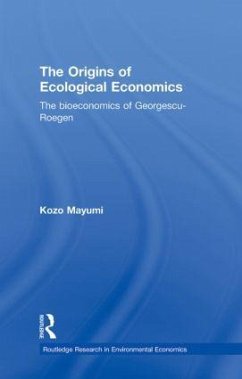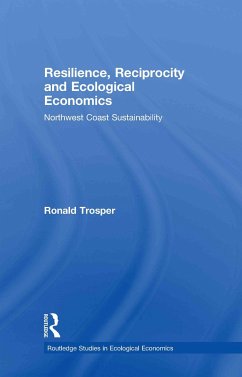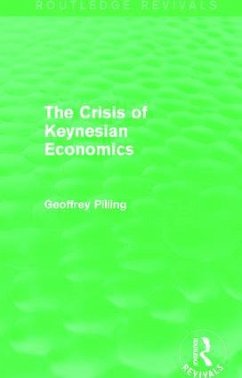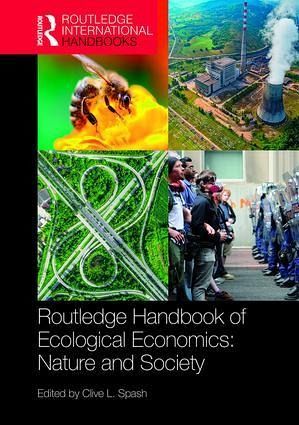
Routledge Handbook of Ecological Economics
Nature and Society
Herausgeber: Spash, Clive L.
Versandkostenfrei!
Versandfertig in 1-2 Wochen
261,99 €
inkl. MwSt.
Weitere Ausgaben:

PAYBACK Punkte
131 °P sammeln!
Since becoming fully established in the late 1980s, ecological economics has combined a questioning of the basis of mainstream economics with a concern for environmental degradation and limits to growth. With contributions from an array of leading international figures, this handbook showcases the diversity of the field and points the way for future directions. Chapters provide succinct overviews of the literature on a range of topics including: heterodox thought on the environment; society, power and politics, markets and consumption; value and ethics; science and society; methods for evaluat...
Since becoming fully established in the late 1980s, ecological economics has combined a questioning of the basis of mainstream economics with a concern for environmental degradation and limits to growth. With contributions from an array of leading international figures, this handbook showcases the diversity of the field and points the way for future directions. Chapters provide succinct overviews of the literature on a range of topics including: heterodox thought on the environment; society, power and politics, markets and consumption; value and ethics; science and society; methods for evaluation and policy analysis; policy challenges; and future post-growth society.




